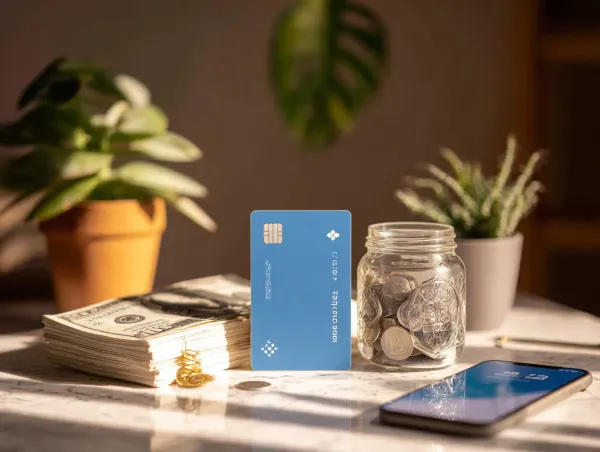💳 How to Avoid Credit Card Debt: Smart Habits for 2025

Credit cards can be incredibly useful for building credit, earning rewards, and handling emergencies—but they can also lead to serious debt if used carelessly. In 2025, with interest rates still hovering at historic highs, avoiding credit card debt is more important than ever.
Here are smart, actionable tips to help you stay in control and avoid falling into credit card debt.
1. Understand How Interest Works
One of the biggest pitfalls is not understanding how credit card interest accumulates. Most cards charge interest daily on unpaid balances. If you only pay the minimum amount due, you could end up paying hundreds or even thousands in interest over time.
Tip: Always aim to pay your statement balance in full each month to avoid interest charges.
2. Track Your Spending Weekly
It’s easy to swipe and forget. To avoid overspending:
- Use budgeting apps like Mint, YNAB, or your bank’s app.
- Set weekly spending limits and review your activity every Sunday night.
Keeping a close eye helps you catch problems before they snowball.
3. Use Credit Cards for Planned Expenses Only
Don’t use credit cards for impulse purchases. Use them for:
- Monthly bills (that you already budgeted for)
- Groceries
- Gas
- Recurring subscriptions
This ensures you’re only charging what you can afford to pay off.
4. Set Up Payment Alerts or Auto-Pay
Missing payments leads to:
- Late fees
- Damage to your credit score
- Higher interest rates
Most credit card apps allow you to set alerts or automatic payments to avoid this. Just make sure your bank account has enough funds to cover them.
5. Avoid Carrying Multiple Cards With High Balances
Having more than one card isn’t bad, but carrying balances on all of them can quickly become overwhelming. Try to keep your credit utilization ratio (amount used vs. total credit limit) under 30%, ideally under 10%.
6. Build an Emergency Fund
Many people use credit cards to cover unexpected expenses. An emergency fund—even just $500 to $1,000—can keep you from relying on high-interest debt when life throws a curveball.
7. Say No to Retail Store Credit Card Offers
It might be tempting to open a store card for a one-time discount, but these often come with:
- High interest rates
- Low limits
- Limited usability
Unless it’s part of a strategy, skip the temptation.
✅ Final Thought
Avoiding credit card debt isn’t about being perfect—it’s about being intentional. Use your credit card as a tool, not a safety net. With a few smart habits, you’ll stay in control, build a strong credit history, and keep your financial future secure.



